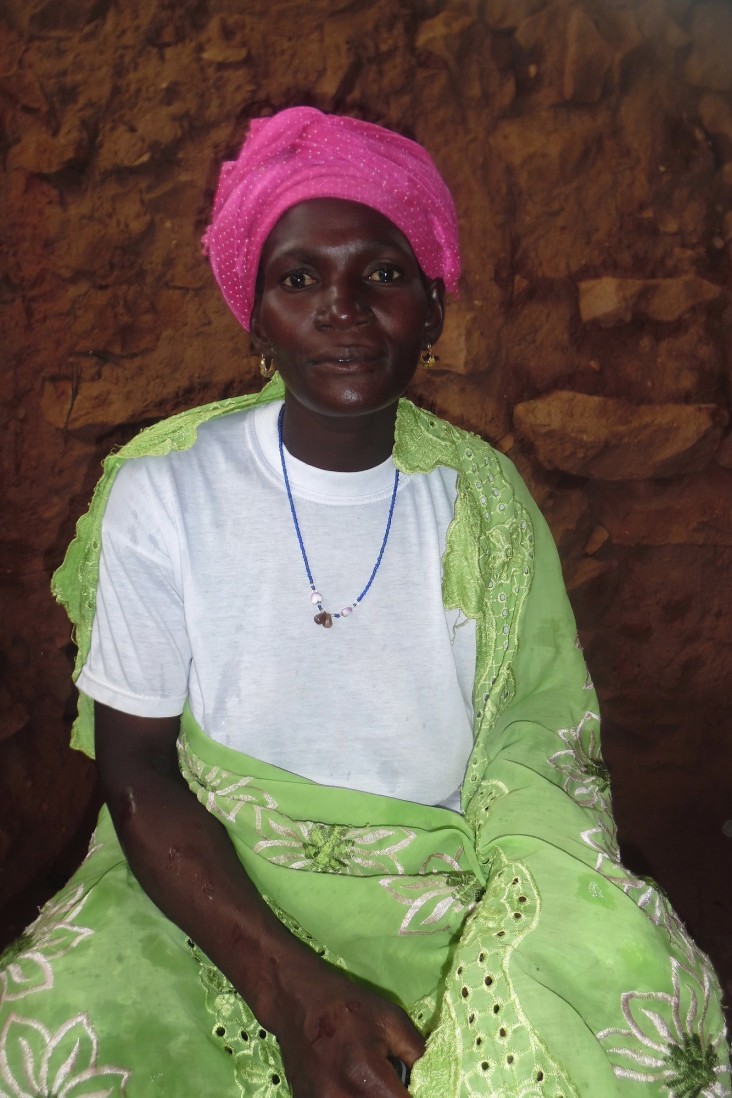Speeches Shim

Antenatal care can prevent, detect and manage complications affecting the health of the mother and child throughout a woman’s pregnancy. Unfortunately, in Mali, this practice was rarely adopted in the intervention areas of the Harande Program. This is why Harande has made the promotion of maternal, infant and neonatal health one of its priorities. The combination of social behavior change communication and approaches has gradually led to positive change in target communities, such as the village of Sincarma.
Located in Dandoli Commune, Mopti Region, Harande‘s activities in Sincarma village has produced positive change in health center attendance and the adoption of antenatal care. Fatoumata Ouloguème is a member of the Care group in the community and is in her seventh month of pregnancy. Despite the work of many other development projects in her village, Fatoumata did not regularly go to the health center or attend prenatal consultations. At each pregnancy, she suffered from complications in childbirth, draining the family’sfinances through emergency health costs.
With Harande’s arrival in her village, Fatoumata joined the Care group. She now participates in all educational discussions. Both she and her husband also follow Harande's radio programs on health and nutrition. The messages disseminated on the importance of good practices motivated Fatoumata to visit the health center and to attend the recommended number of antenatal care visits. Her husband both supported and encouraged her to maintain these good practices.
"I regularly take part in the educational discussions of Harande because we meet with women to discuss good practices to adopt during pregnancy and after childbirth. Since I have started performing antenatal care, I am no longer suffering from abnormalities as was the case with my previous pregnancies. The ailments I suffered—such as malaria and abdominal pain—were treated by the health worker. I am in my seventh month of pregnancy and have already completed three antenatal care visits to the health center. Even after the phase out of the Harande Project, I will continue to visit the health center, “said Fatoumata.
From July to September 2019, more than 550 women in the area covered by Harande attended health centers and performed the four recommended antenatal care visits.
Harande is a five-year, $45 million Food for Peace project which started in 2015. It aims to improve food security, nutrition and incomes of vulnerable communities, especially women and youth in 290 villages of Mopti.

Comment
Make a general inquiry or suggest an improvement.